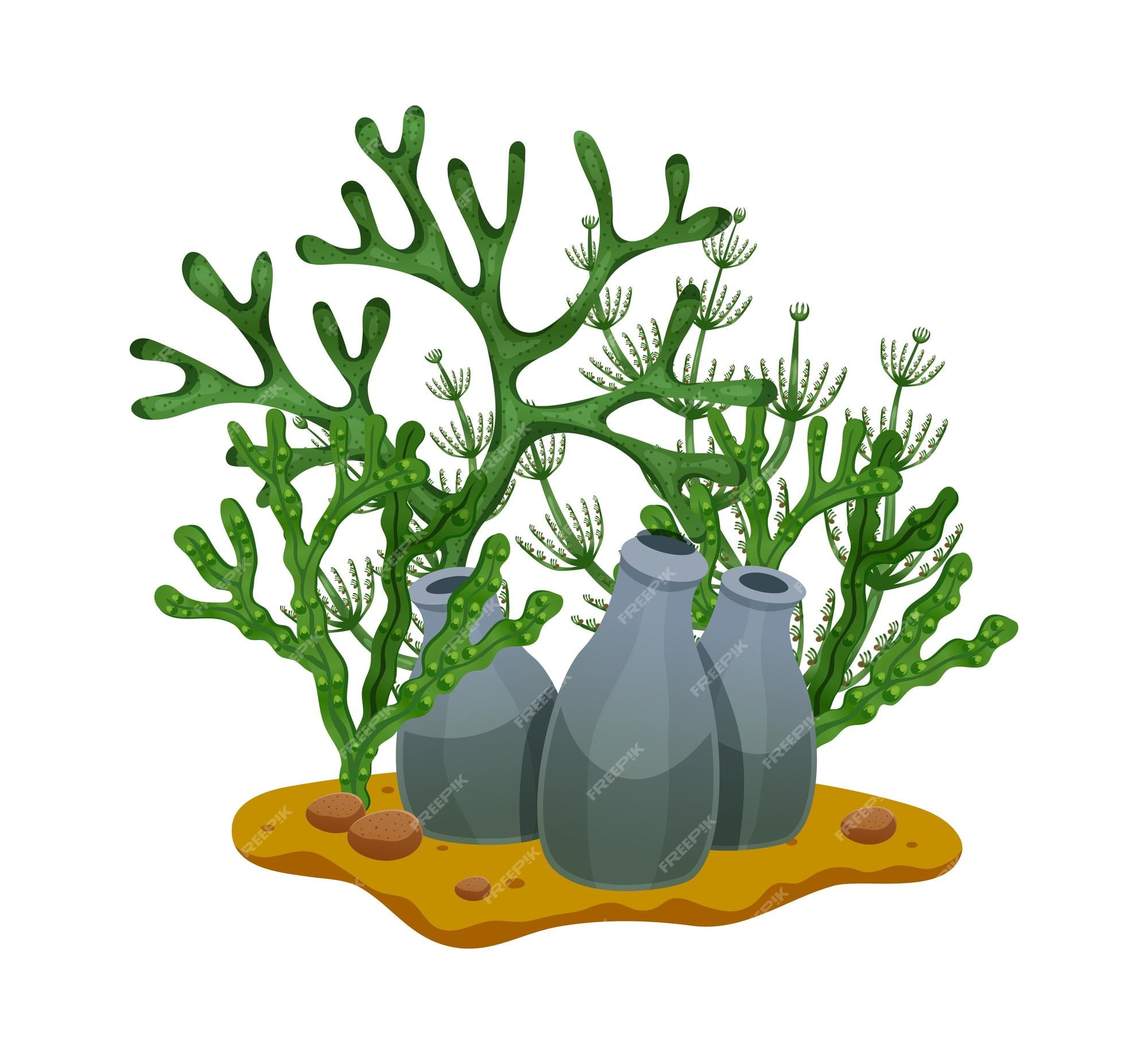
Contents
- 1 Introduction
- 2 Understanding Sea Moss
- 3 The Controversy Surrounding Sea Moss During Pregnancy
- 4 Sea Moss Dos and Don’ts During Pregnancy
- 5 Conclusion
- 6 Frequently Asked Questions
- 6.1 1. Can sea moss help with morning sickness during pregnancy?
- 6.2 2. Are there any alternatives to sea moss for getting essential nutrients during pregnancy?
- 6.3 3. How can I ensure the sea moss I consume is safe?
- 6.4 4. Is sea moss safe for breastfeeding mothers?
- 6.5 5. What are the potential risks of consuming contaminated sea moss during pregnancy?
Introduction
Pregnancy is a beautiful journey filled with anticipation and care. Expectant mothers often go to great lengths to ensure the health and well-being of their developing baby. One common concern during pregnancy is the consumption of various foods and supplements, including sea moss. In recent years, sea moss has gained popularity for its potential health benefits, but is it safe for pregnant women to consume? In this article, we will explore the safety of sea moss during pregnancy and provide you with the information you need to make an informed decision.
Understanding Sea Moss
What is Sea Moss?
Sea moss, also known as Irish moss or Chondrus crispus, is a type of seaweed that grows along the Atlantic coasts of Europe and North America. It has been used for centuries in traditional medicine and as a food source in various cultures.
Nutritional Value
Sea moss is rich in essential nutrients, including vitamins, minerals, and antioxidants. It contains vitamins A, C, E, and K, as well as essential minerals like iodine, potassium, and calcium. These nutrients play crucial roles in overall health, making sea moss an attractive option for supplementation.
The Controversy Surrounding Sea Moss During Pregnancy
Potential Benefits
Proponents of sea moss during pregnancy argue that it can provide essential nutrients to both the mother and the developing fetus. Some believe that sea moss can help with nausea, improve digestion, and boost the immune system, which can be particularly beneficial during pregnancy.
Safety Concerns
While sea moss does offer potential benefits, there are also safety concerns to consider. One primary concern is the potential for contamination with heavy metals or bacteria, which can pose serious risks to both the mother and the baby. Additionally, sea moss supplements are not regulated by the FDA, making it challenging to ensure their safety and quality.
Sea Moss Dos and Don’ts During Pregnancy
Do Consult Your Healthcare Provider
Before adding any new supplement to your diet during pregnancy, it is essential to consult your healthcare provider. They can provide personalized guidance based on your specific health needs and concerns.
Don’t Overdo It
Moderation is key when it comes to sea moss consumption during pregnancy. Excessive intake of sea moss can lead to an imbalance of certain nutrients and potentially harm the developing fetus.
Do Opt for Reputable Sources
If you decide to incorporate sea moss into your diet during pregnancy, ensure that you source it from reputable suppliers. Look for third-party tested products to minimize the risk of contamination.
Conclusion
In conclusion, the safety of consuming sea moss during pregnancy is a topic of debate. While sea moss offers potential nutritional benefits, there are safety concerns that cannot be ignored. It is crucial for pregnant women to consult their healthcare providers before adding sea moss or any other supplement to their diet. Moderation and caution are key principles to follow, and sourcing sea moss from reputable suppliers is essential to minimize risks.
Frequently Asked Questions
1. Can sea moss help with morning sickness during pregnancy?
- Sea moss may have properties that help alleviate nausea, but it should be used in moderation and under the guidance of a healthcare provider.
2. Are there any alternatives to sea moss for getting essential nutrients during pregnancy?
- Yes, there are many safe and reliable prenatal vitamins available that can provide essential nutrients during pregnancy.
3. How can I ensure the sea moss I consume is safe?
- Choose sea moss from reputable suppliers, and consider products that have undergone third-party testing for quality and safety.
4. Is sea moss safe for breastfeeding mothers?
- The safety of sea moss during breastfeeding is also a topic of debate. It is advisable to consult with a healthcare provider before consuming it.
5. What are the potential risks of consuming contaminated sea moss during pregnancy?
- Contaminated sea moss can contain heavy metals and bacteria, which can pose health risks to both the mother and the developing fetus. It is essential to prioritize safety and quality when considering sea moss supplementation during pregnancy.




